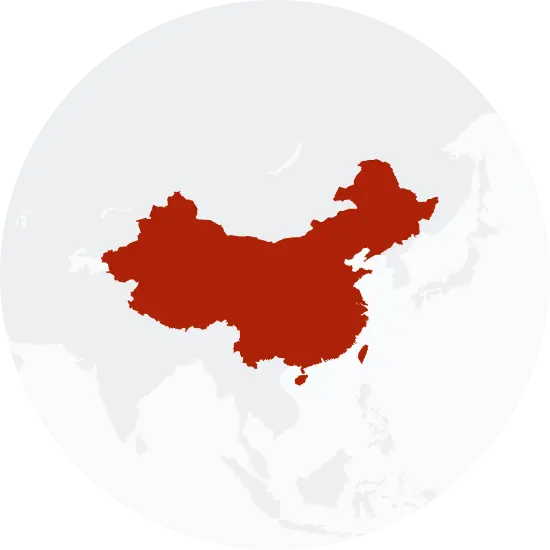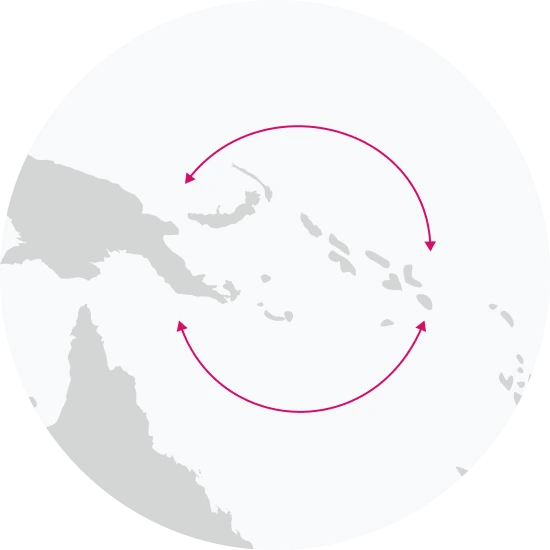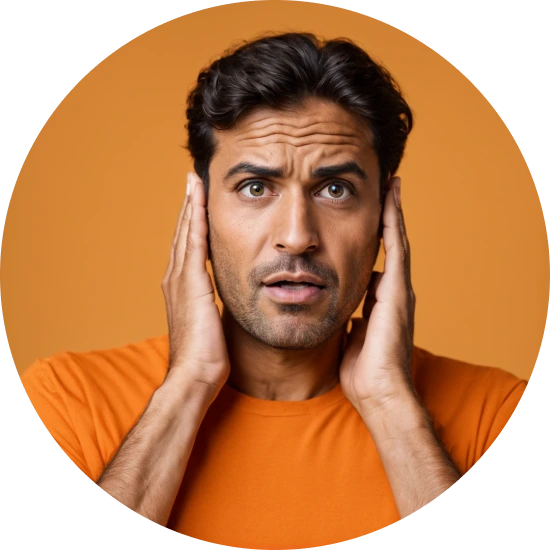Explore the Family Name Bao
How common is the last name Bao in the United States?
The surname Bao has seen a substantial increase in popularity, according to data from the Decennial U.S. Census. In 2000, Bao was ranked as the 26,215th most common surname and by 2010, it had jumped to the 11,843rd position; an impressive 54.82% change. The count of individuals with the Bao surname also significantly increased from 877 in 2000 to 2,643 in 2010, representing a whopping 201.37% growth. Its proportion per 100,000 people also rose from 0.33 to 0.9 during this period, marking a 172.73% increase.
| 2000 | 2010 | Change | |
|---|---|---|---|
| Rank | #26,215 | #11,843 | 54.82% |
| Count | 877 | 2,643 | 201.37% |
| Proportion per 100k | 0.33 | 0.9 | 172.73% |
Race and Ethnicity of people with the last name Bao
In terms of ethnicity, based on the Decennial U.S. Census data, a majority of individuals with the Bao surname identify as Asian/Pacific Islander. This group saw a slight increase from 88.83% in 2000 to 91.03% in 2010. However, those identifying as two or more races experienced a decline, dropping from 1.48% to 1.02%. Similarly, individuals of White ethnicity decreased from 3.42% to 3.03%, and Hispanic representation fell from 5.36% to 3.78%. Interestingly, there were new entries of Black and American Indian & Alaskan Native ethnicities in 2010 that were not present in the 2000 census, with 0.95% and 0.19% respectively.
| 2000 | 2010 | Change | |
|---|---|---|---|
| Asian/Pacific Islander | 88.83% | 91.03% | 2.48% |
| Hispanic | 5.36% | 3.78% | -29.48% |
| White | 3.42% | 3.03% | -11.4% |
| Two or More Races | 1.48% | 1.02% | -31.08% |
| Black | 0% | 0.95% | 0% |
| American Indian and Alaskan Native | 0% | 0.19% | 0% |
Bao ancestry composition
23andMe computes an ancestry breakdown for each customer. People may have ancestry from just one population or they may have ancestry from several populations. The most commonly-observed ancestry found in people with the surname Bao is Chinese, which comprises 77.1% of all ancestry found in people with the surname. The next two most common ancestries are Vietnamese (7.4%) and Manchurian & Mongolian (6.3%). Additional ancestries include Korean, Spanish & Portuguese, Italian, Indigenous American, and French & German.
Ready to learn more about your ancestry? Get the most comprehensive ancestry breakdown on the market by taking our DNA test. Shop 23andMe
| ANCESTRY BREAKDOWN | COMPOSITION |
|---|---|
| Chinese | 77.1% |
| Vietnamese | 7.4% |
| Manchurian & Mongolian | 6.3% |
| Other | 9.1% |

Possible origins of the surname Bao
Your DNA provides clues about where your recent ancestors may have lived. Having many distant relatives in the same location suggests that you may all share common ancestry there. Locations with many distant relatives can also be places where people have migrated recently, such as large cities. If a large number of individuals who share your surname have distant relatives in a specific area, it could indicate a connection between your surname and that location, stemming from either recent ancestral ties or migration.
Based on 23andMe data, people with last name Bao have recent ancestry locations in China and Taiwan.
| RECENT ANCESTRY Location | Percentage |
|---|---|
| Shanghai, China | 15.90% |
| Zhejiang, China | 15.90% |
| Hunan, China | 15.90% |
| Jiangsu, China | 15.90% |
| Shandong, China | 15.90% |
What Bao haplogroups can tell you
Haplogroups are genetic population groups that share a common ancestor on either your paternal or maternal line. These paternal and maternal haplogroups shed light on your genetic ancestry and help tell the story of your family.
The top paternal haplogroup of people with the surname Bao is O-F11, which is predominantly found among people with East Asian & Indigenous American ancestry. Haplogroup O-F11 is descended from haplogroup O-M1359. Other common haplogroups include O-CTS2498 and O-M307.1, which are predominantly found among people with East Asian & Indigenous American and East Asian & Indigenous American ancestry. Other surnames with similar common haplogroups are: Qian, Ni, Fang, Gu, Yeh, Yap, Ye, Hsu, Zhong, Hu.
The most common maternal haplogroups of people with Bao surname are: F1a1, R, D4. These most commonly trace back to individuals of East Asian & Indigenous American and European ancestry.
 Paternal Haplogroup Origins O-M1359
Paternal Haplogroup Origins O-M1359
Your paternal lineage may be linked to many of the Massim groups of Papua New Guinea
Haplogroup O2a is prevalent among Massim ethnic groups, including the populations of Airara, Nomanby, the eastern tip of the mainland, the Trobriand Islands, Gawa, Woodlark, the Laughland Islands, and western Calvados. While Papua New Guinea has been inhabited for over 50,000 years, the Massim may have arrived in the last 2,000 years. Today, these populations remain connected through a traditional island trading system called the Kula Ring. Under this exchange system, residents ensure that goods that are only available on some islands, but that are vitally needed in other islands, are shared among the island populations. Only Massim men participate in the Kula exchange system, and it is common for men to be away from home for months at a time when trading with men from other islands.
Your maternal lineage may be linked to the Han
Members of haplogroup D are found in both northern and southern Han Chinese populations at low to moderate frequencies. The Han people, who all share the same language and similar cultural practices, are the largest ethnic group in the world, with about 1.2 billion people. Historical evidence shows that Han people are descendants of the ancient Huaxia tribes that come from northern China, and Han language and culture only expanded into southern China in the last 2,000 years. The spread of Han people and culture from northern to southern China was likely driven by warfare and famine in the north.

What do people with the surname Bao have in common?
Spoiler alert: it's complicated. People with the same last name are usually no more genetically similar than a randomly sampled group of people from the same population. That said, people with the same surname are more likely to have similar ancestries than randomly sampled individuals. The reason is the tendency of people with similar cultural or geographical backgrounds to preferentially mate with one another. That's why people who share a surname may be more likely to share traits and tendencies in common than people within the general population. Check out the percentages below to see the prevalences of tastes, habits, and traits of people with your surname compared with prevalences among 23andMe users.
Preferences
Traits
Habits
Are health conditions linked to the last name Bao?
The short answer is that, if there is an association between surname and health, it's usually more about your ancestry than your name. Individuals with a given surname are no more genetically similar than the general population but often have similar ancestries. The populations of people associated with those shared ancestries often have sets of genetic variations, also known as alleles, in common. Some of those alleles are associated with a greater likelihood of developing certain diseases.
Disease variant frequency by ancestry
Disease allele frequencies in populations associated with the surname Bao are shown below. Important Note: not everyone with a disease allele will develop these health condition







